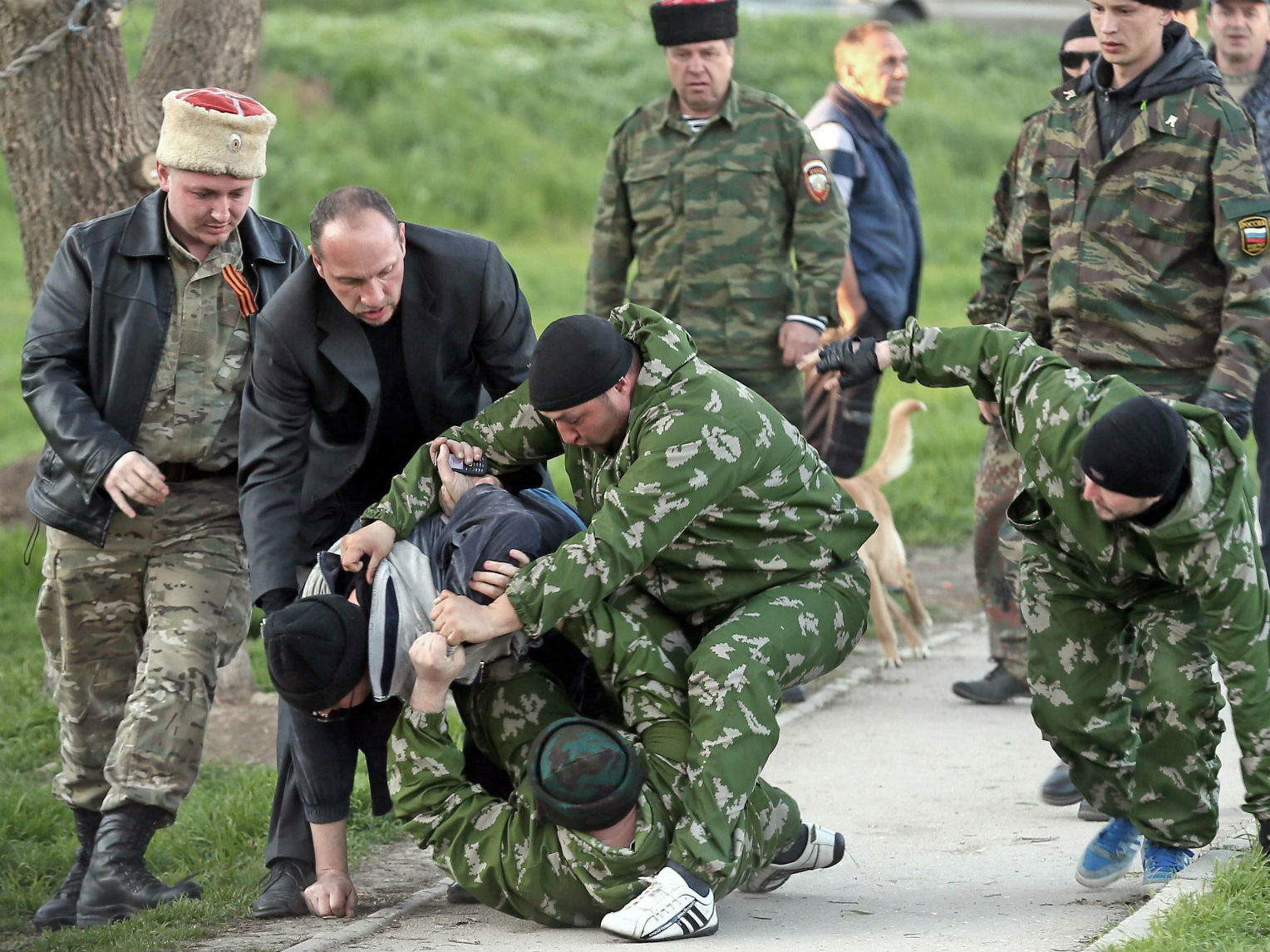Moscow has disbanded two of the agencies it created to integrate occupied Crimea – the Ministry for Crimean Affairs and the Commission for the Social-Economic Development of the Republic of Crimea and Sevastopol – but in its place, it has decided to dispatch Russian officials as new “commissars” to run the place.
On the one hand, this step is an indication of the Russian government’s unhappiness with the pace of the transformation of Crimea since the Anschluss. But on the other, it almost certainly will generate anger even among those in Crimea who accept Moscow’s rule, as a denigration of their status and authority.
“Kommersant
” reported that the Russian government “intends to strengthen the cadres composition of the organs of executive power” in Crimea and that Deputy Prime Minister Dmitry Kozak has already directed federal agencies to come up with lists of senior officials who can be assigned there as deputies to the heads of departments on the peninsula.
According to the Moscow paper, those who go there will be guaranteed an analogous position on their return to the Russian capital; and the experts with whom its journalists spoke say that those who go “can expect to be promoted.”
The paper says that the Russian government has been thinking about such a move since the spring, and one of its sources says that on July 1, Kozak disseminated his directive. At that time, he called for the various government agencies to come up with a list of candidates by July 9 to serve as “first deputy heads of the organs of executive power” in Crimea and Sevastopol.”
“The main requirement for candidates is that they must be state employees of the federal level,” the source said. “Regional bureaucrats also can be included but only with the agreement of higher officials in the subjects of the Russian Federation.”
He added that what this in fact represents is “the revival of the institution of commissars” like those Moscow dispatched in Soviet times to ensure its will was carried out in the regions.
Kozak’s office did not confirm this report, “Kommersant
” says. But several other officials did, with some saying the lists had already been prepared and others indicating that they were in the process of being compiled. What is unclear is who will want to go and who will resist, the sources say.
Some ministries undoubtedly will use this opportunity to dispense with officials they would like to replace while others will see it as a means to expanding their reach into Crimea and Sevastopol and thus send some of their most talented people there. And some may try to have their officials take on this new job while continuing to do their old one, especially at a time of budgetary stringency.
Nikolay Klish, the director of the Moscow Institute of Government and Municipal Administration of the Higher School of Economics, told “Kommersant” that the shift from a regional ministry to commissars was entirely appropriate. Officials no longer have to address “general questions” but rather highly specific ones.
The new pattern of federal representation in Crimea, he continued, will give Moscow “more influence over local elites.” And he added, “to a large extent, this is analogous to the way in which the authorities have behaved regarding the [separatist conflict] situation in the North Caucasus.”




